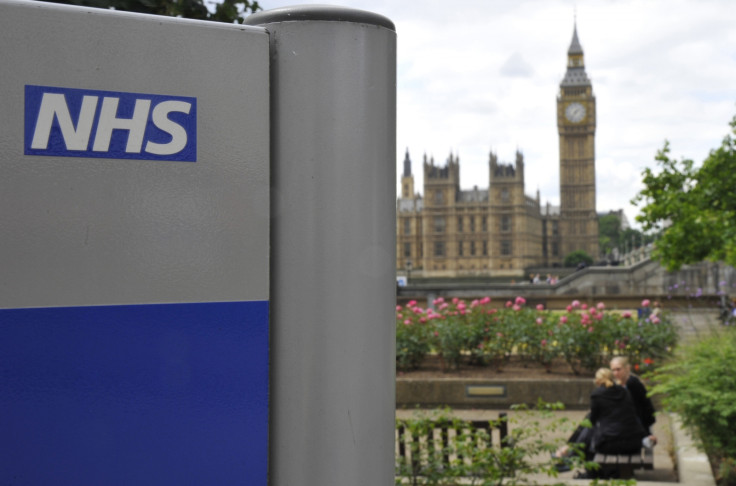NHS trusts in England to hit £2.3bn deficit by end of financial year.

National Health Service England is set to record a deficit of £2.3bn by the end of the current 2015/2016 financial year. The bad news does not end here. One in three trusts are seeing their financial positions worsening and their performance deteriorating, health think tank, the King's Fund said.
The health think tank warned that the current financial year which ends in March will be a "make or break" year for the NHS in England. The report, which is based on health service data and feedback from finance directors at about one in three trusts - does not show a very pretty picture.
Three months ago, the King's Fund had projected overspend for the trusts in the current financial year to top £2bn. The figure has increased substantially since.
The Department of Health however thinks otherwise. It said the NHS, despite being very busy, was performing well. Community and Social Care Minister Alistair Burt said: "There should never be a choice between providing safe care - our top priority - and balancing the books, which is why we're investing £10bn to fund the NHS's own plan for the future, including nearly £4bn next year."
Burt continued: "Despite being busy, the NHS continues to perform well - last year the service performed 1.6 million more operations and treated 2,100 more people every day within the four-hour A&E target compared to 2010."
Professor John Appleby however thinks otherwise. The King's Fund's chief economist noted: "Even with the additional funding recently provided by the Treasury and a big switch from capital to revenue spending, it is touch and go whether the Department of Health will be able to balance its budget at the end of the year."
He continued: "At the same time, performance is deteriorating with key targets being missed with increasing regularity and increasing concerns being raised about the quality of patient care. This is shaping up to be a make-or-break year for the NHS."
The latest quarterly monitoring report said the deficit estimate is based on survey responses of 83 trusts. It noted that this comes as NHS imposes stringent financial controls to reduce the deficit to £1.8bn by the end of the financial year.
"This underlines the risk that the Department of Health will breach parliamentary protocol by overspending its budget," the report added. "In any case, supporting overspends in one part of the system with capital transfers is at best a very short-term solution to the funding problem the NHS faces," the report said.
Highlights of the report
It also said that for the first time since the survey started in 2011, more than half of trust finance directors or 53% said that quality of care in their local area has "worsened in the past year." Nearly 48% of the clinical commissioning group finance leads agreed, the think tank said. Other key findings from the quarterly survey include:
- more than half of the trusts or 53% are concerned they will not be able to meet nationally-imposed caps on agency staff spending, while 22% say the caps may impact on their ability to recruit staff they need to provide safe care;
- Nearly two-thirds or 64% of the trusts rely on extra financial support from the Department of Health or drawing down on their reserves;
- About 53% of trust finance directors have concerns about their ability to meet productivity targets. King's Fund noted that this is the highest level of concern at this time of the year since the survey started;
- Clinical Commissioning Groups or CCGs are however in a better position although 18% are forecasting a deficit and 29% are concerned about meeting productivity targets;
- 8.2% of patients are still waiting for a planned hospital admission after 18 weeks in December. The think tank said this is the first time the target has been missed since it was introduced in April 2012; and
- 9% if patients waited longer than four hours in A&E over the quarter up to the end of December 2015, which is the worst quarterly performance since 2003.
More about the NHS
© Copyright IBTimes 2025. All rights reserved.





















